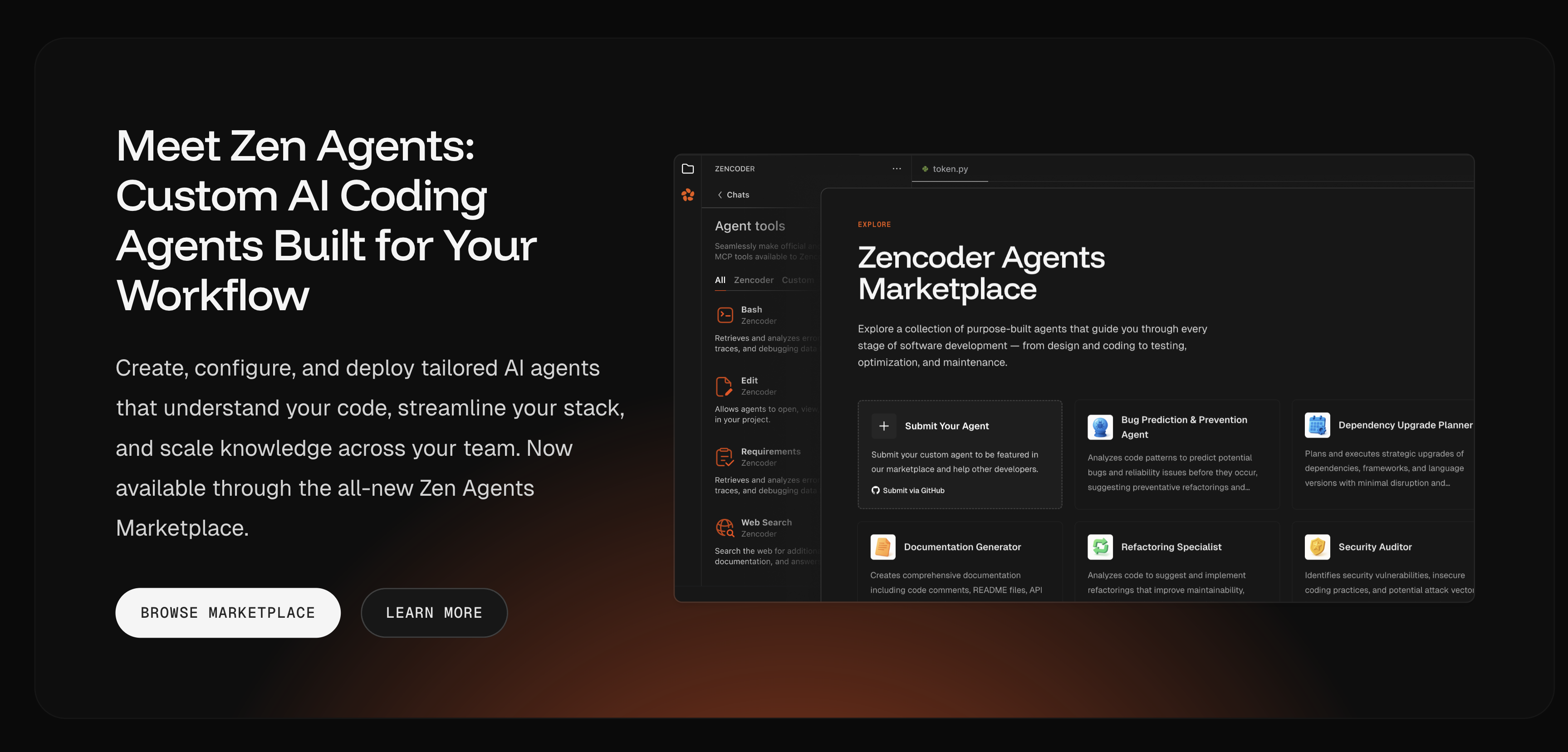Zencoder today revealed it is providing early access to artificial intelligence (AI) agents designed specifically to automate tasks across DevOps workflows running on continuous integration/continuous development (CI/CD) platforms based on open source instances of Jenkins or platforms from GitHub, GitLab, BitBucket, CircleCI and others.
Previously, Zencoder launched an AI platform for writing and testing code to provide integration with third-party DevOps tools such as JIRA, GitHub, GitLab and Sentry that can be tightly integrated into development tools such as VS Code and JetBrains.
Zencoder CEO Andrew Filev said the company is now extending that capability further with the development of autonomous AI agents that can resolve issues, implement fixes, improve code quality, generate and run tests, and create documentation. Use cases for these AI agents span everything from automated bug resolution using agents to analyze root causes and create fixes to scanning and developing patches for vulnerabilities.
Designed to be triggered using webhooks, each of these agents then submits the results of their efforts via a standard pull request that needs to be reviewed and approved by DevOps engineers, said Filev.
Additionally, DevOps teams can assign AI agents to keep track of the amount of technical debt that is building up as applications are updated, he added.
The overall goal is to not only eliminate much of the manual toil that conspires to slow down the rate of application development, but also reduce the amount of time that is otherwise required to onboard new members to a DevOps team, said Filev.
Zencoder already makes available a platform for building customizable agents using a mix of open source and proprietary large language models (LLMs) that can be shared via an open-source marketplace. At the core of those AI agents is a platform capable of analyzing interdependencies, generating documentation and suggesting improvements across service boundaries that Zencoder is now using to build agents trained to automate software engineering tasks.
The company also plans to expand the capabilities of these agents to interoperate with one another using the Model Context Protocol (MCP) developed by Anthropic in addition to providing analytics and administration tools.

It’s not clear how many organizations are relying on AI to help build applications faster. A recent Futurum Research survey finds 41% of respondents expect generative AI tools and platforms will be used to generate, review and test code, while 39% plan to make use of AI models based on machine learning algorithms.
Eventually, the pace at which code is being created using AI tools will overwhelm existing DevOps pipelines and workflows so the need for AI agents to automate more tasks is rapidly becoming self-evident. In fact, there is already no shortage of AI tools and platforms for writing and testing code. Unfortunately, many organizations still lack a cohesive strategy, so many individual developers are naturally experimenting with different tools and approaches on their own. The challenge now is deciding which one of these tools and platforms best suits the needs of the organization versus the preference of a handful of individual developers.

